NY Times changes tune on Shostakovich’s Testimony
NewsWhile the ebullient academic Richard Taruskin was alive, the New York Times led a campaign of vilification against Solomon Volkov’s best-selling 1979 book of Shostakovich memoirs, Testimony.
If the book was mentioned at all it was only for the purpose of deprecation.
Today, with Taruskin honourably buried by the parish sheet, there are two creditable mentions of Tony Palmer’s film of Testimony, accepting the memoir as authentic.
Sic transit musicologicae mundi.

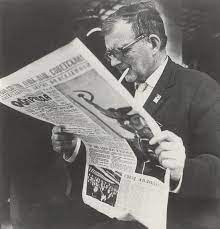
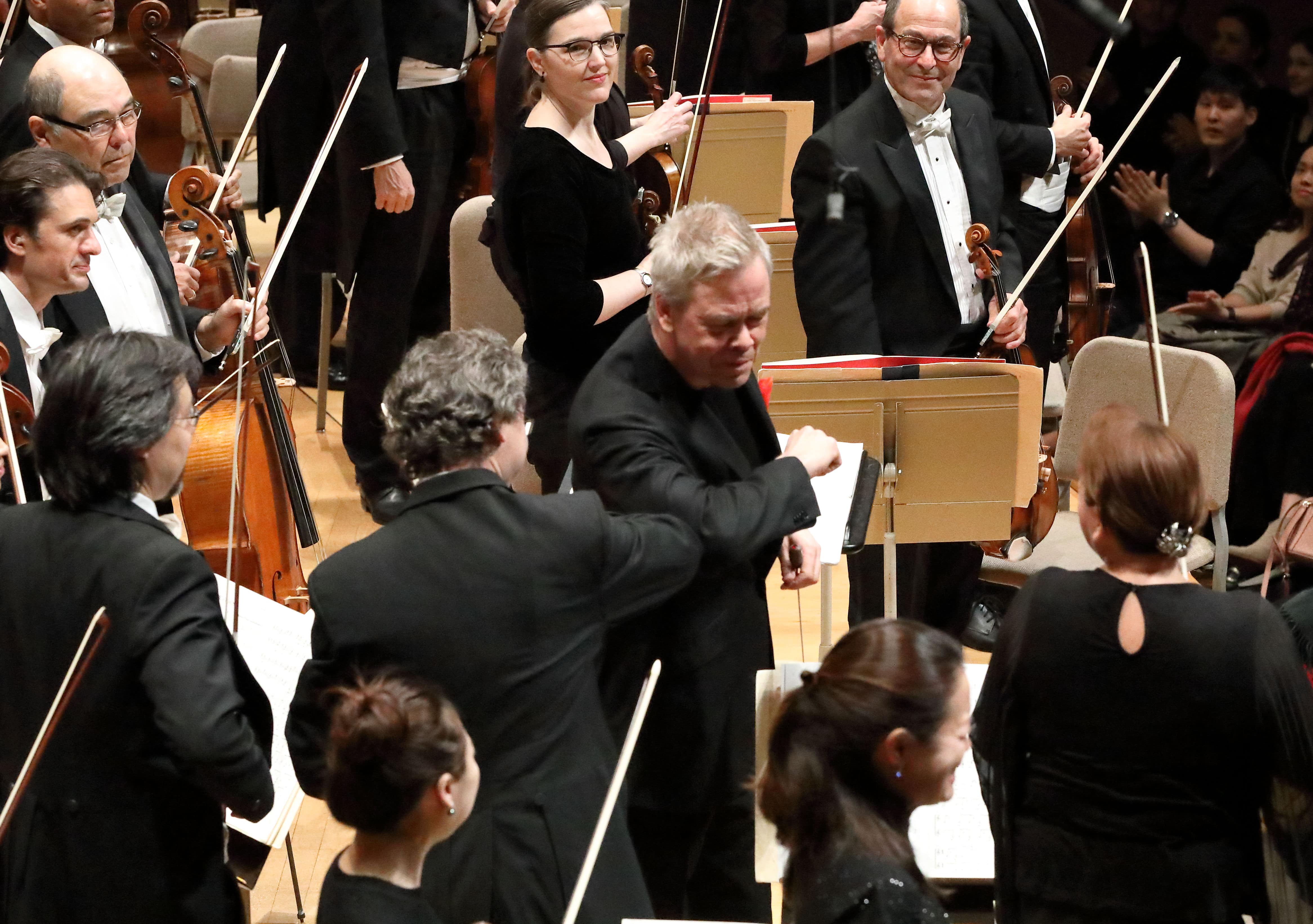
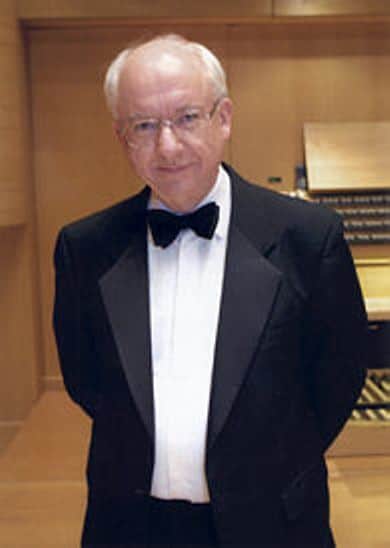
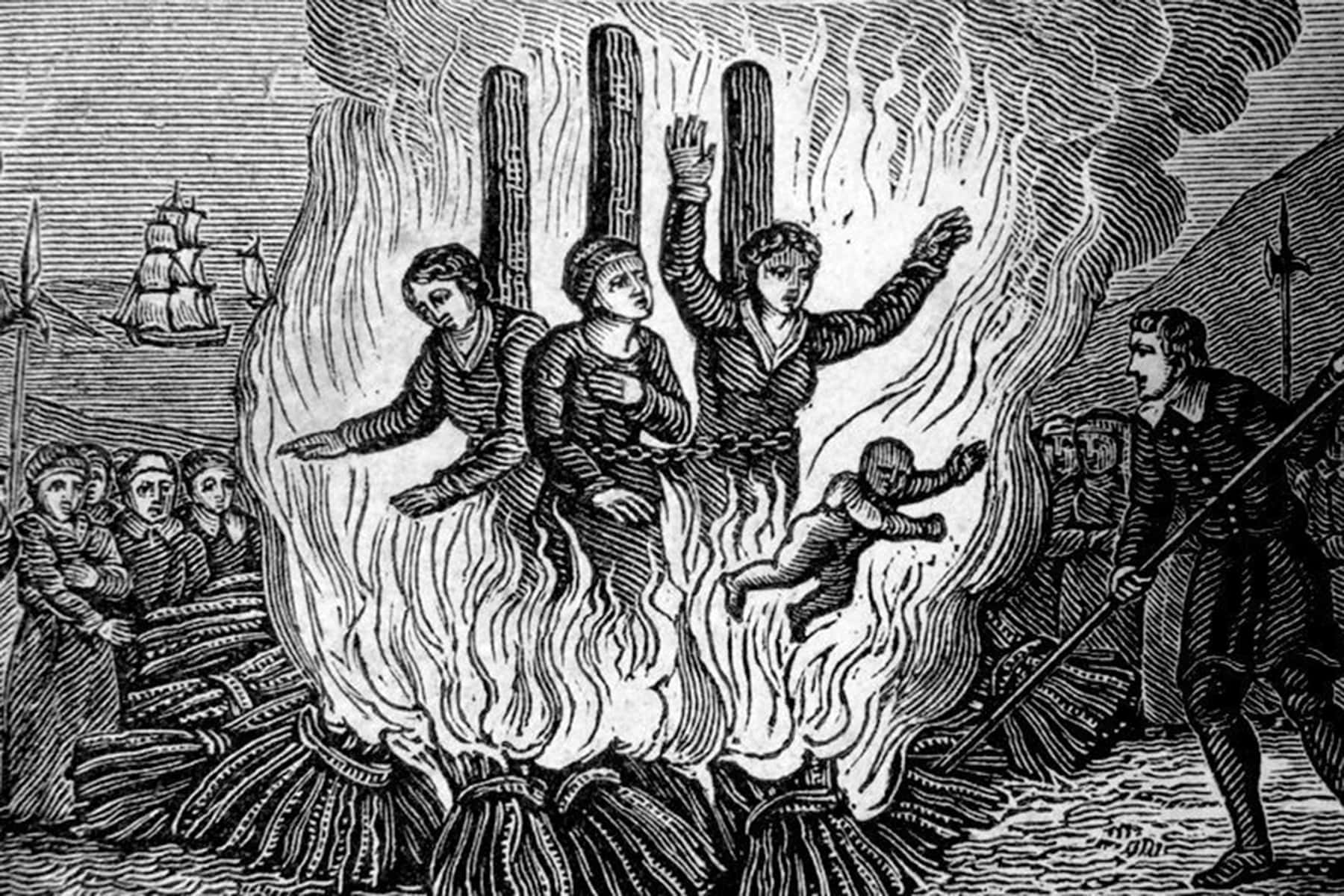
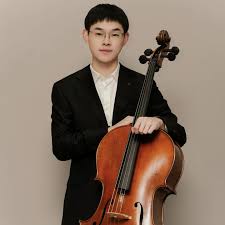
Comments